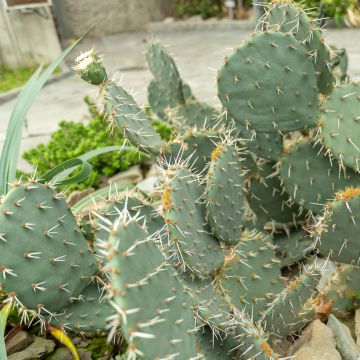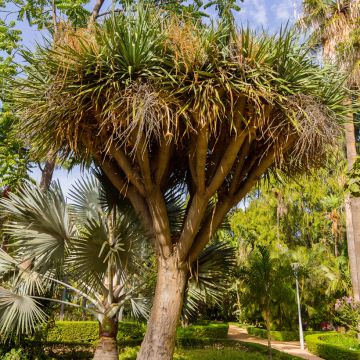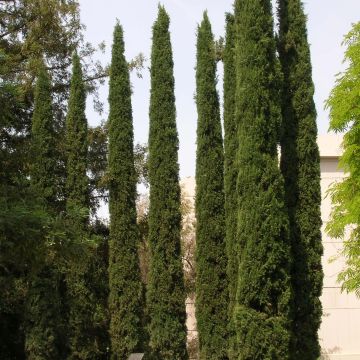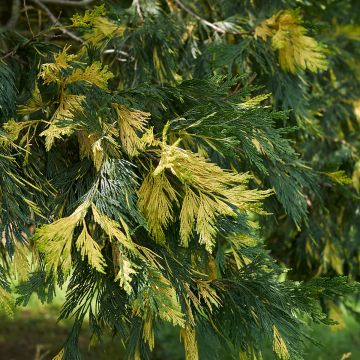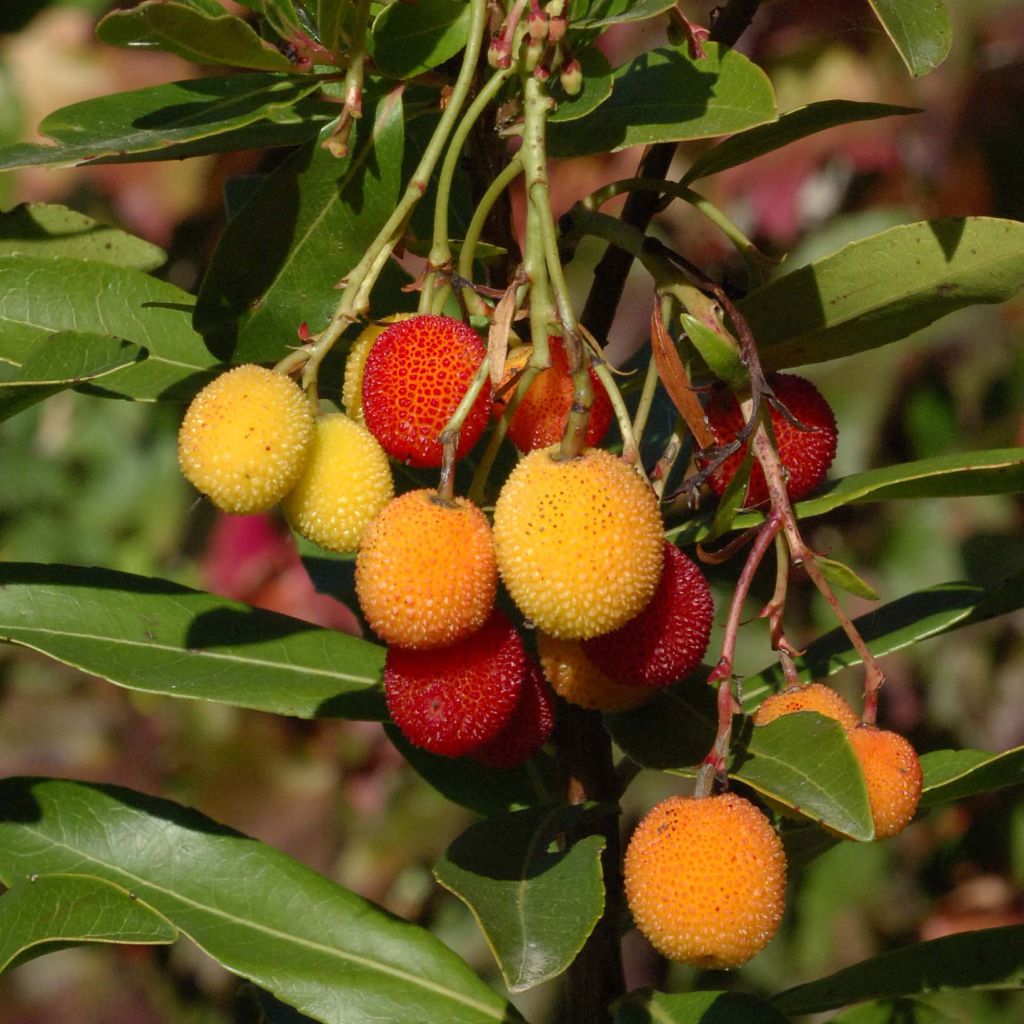

Arbutus unedo Roselily - Strawberry Tree
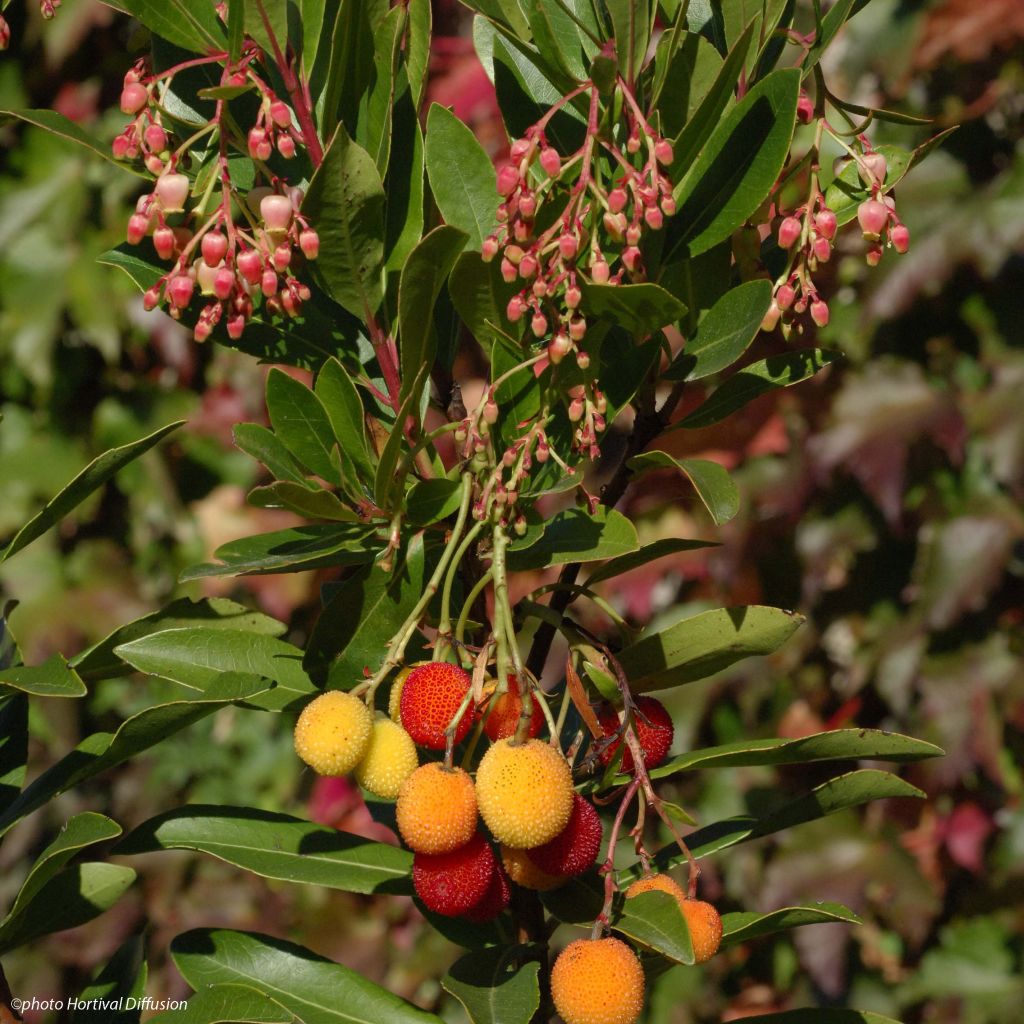

Arbutus unedo Roselily - Strawberry Tree
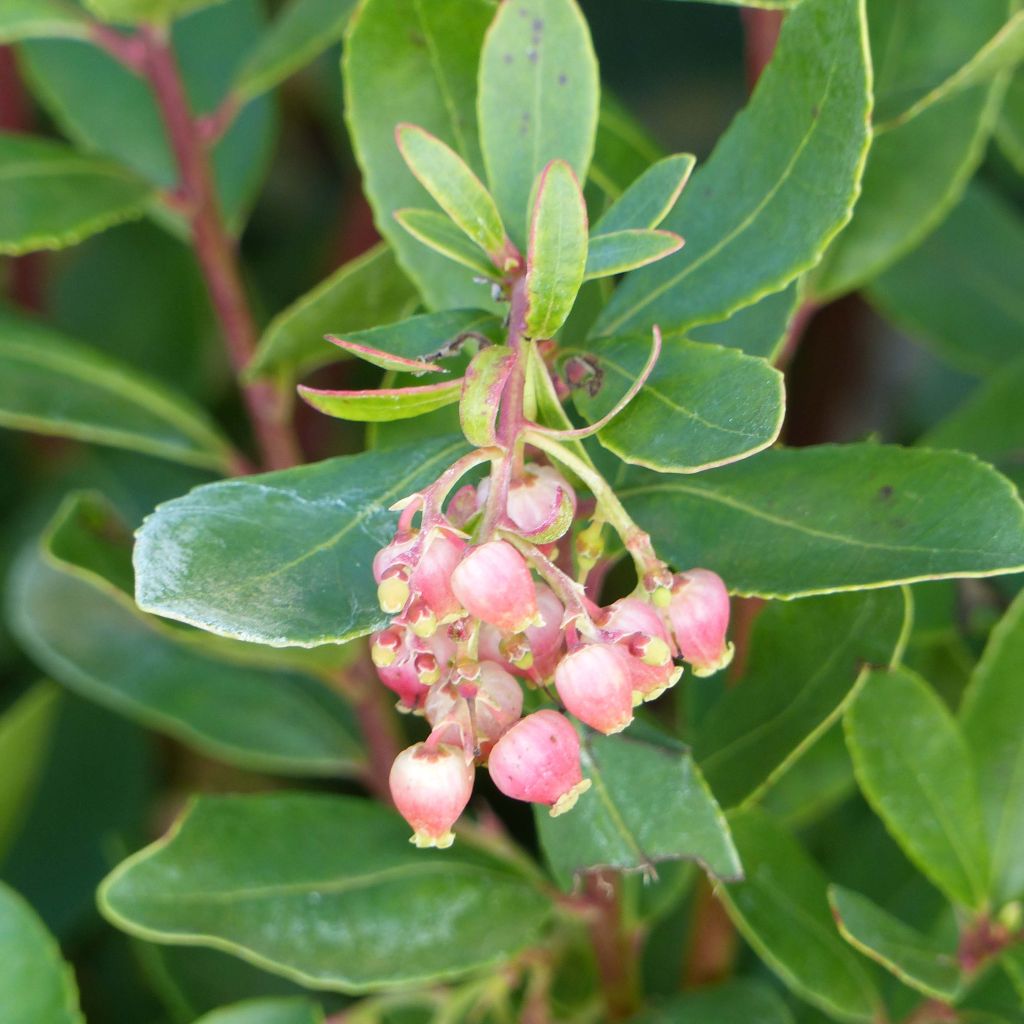

Arbutus unedo Roselily - Strawberry Tree
Arbutus unedo Roselily - Strawberry Tree
Arbutus unedo Roselily ® Minlily
Strawberry Tree, Madrone
Package poorly wrapped or mishandled during transport, plastic pot of the Arbutus unedo broken!
François, 22/05/2024
Special offer!
Receive a €20 voucher for any order over €90 (excluding delivery costs, credit notes, and plastic-free options)!
1- Add your favorite plants to your cart.
2- Once you have reached €90, confirm your order (you can even choose the delivery date!).
3- As soon as your order is shipped, you will receive an email containing your voucher code, valid for 3 months (90 days).
Your voucher is unique and can only be used once, for any order with a minimum value of €20, excluding delivery costs.
Can be combined with other current offers, non-divisible and non-refundable.
Home or relay delivery (depending on size and destination)
Schedule delivery date,
and select date in basket
This plant carries a 24 months recovery warranty
More information
We guarantee the quality of our plants for a full growing cycle, and will replace at our expense any plant that fails to recover under normal climatic and planting conditions.
Would this plant suit my garden?
Set up your Plantfit profile →
Description
Arbutus unedo Roselily is a recent variety of strawberry tree, resulting from Minier's research, interesting for its moderate growth, dense habit and long autumn and winter flowering in clusters of small pale pink-tinged cream bells. They bloom abundantly, accompanying from a young age round, yellow then red and granulose fruits like strawberries, ripening one year after flowering. The whole colours beautifully an evergreen bush dressed in dark and glossy foliage. The strawberry tree is sober and frugal and hardy up to -15°C (5 °F). It grows in full sun to partial shade, and proves undemanding if planted in well-draining soil.
Common in gardens in the southern half of France and the Atlantic coast, the strawberry tree slowly but surely forms a large compact bush. The Roselily variety, obtained in 2007, belongs like its native ancestor from southern Europe to the large family of Ericaceae, that of heathers and rhododendrons. This variety shows less significant development, reaching about 2.50m (8ft 2in) in height and 2m (6ft 7in) in width, up to 3m (9ft 10in) in the ground. The evergreen leaves, elliptical, 6 to 9cm (2.4 to 3.5in) long, are slightly toothed on the edges, dark green, shiny on the upper side. The young branches are red and the trunk is adorned with a reddish-brown bark that peels off in fine, long strips. The honey-scented flowers, pale pink, 7mm (0.3in) in diameter and similar to lily of the valley bells, appear from late summer to winter. One year after flowering, they give way to small yellow, then red balls, similar to strawberries, 3cm (1.2in) in diameter, edible but with a rough texture and without much flavour. 'Unedo' actually comes from the Latin unum edo, which can be translated as "I eat only one".
Arbutus unedo, hardy up to -15°C (5 °F), grows in nature in well-drained soil, generally rather acidic, siliceous, even stony, but it can also be found in the hills of Languedoc, on limestone or dolomitic subsoil, growing among green oaks, pines and wild olive trees. In the west of our country, it is spontaneous along the Landes coast, on sandy soils, from Bordeaux in the south to the Nantes coastal areas. This shrub therefore easily acclimates to the garden, in ordinary soil (even slightly calcareous), provided that the drainage is perfect. The Roselily variety, original and compact, renews the genus and allows this southern shrub to enter the terraces and balconies of the northern half of our country. It is valuable for creating the persistent structure of a small free hedge, and forms an unusual subject when placed in isolation. Disdained by pests and diseases, its only weakness is a relative hardiness that reserves it, in the ground, for light soils and not too harsh winters.
It is also a medicinal plant, used against hypertension.
Report an error about the product description
Arbutus unedo Roselily - Strawberry Tree in pictures
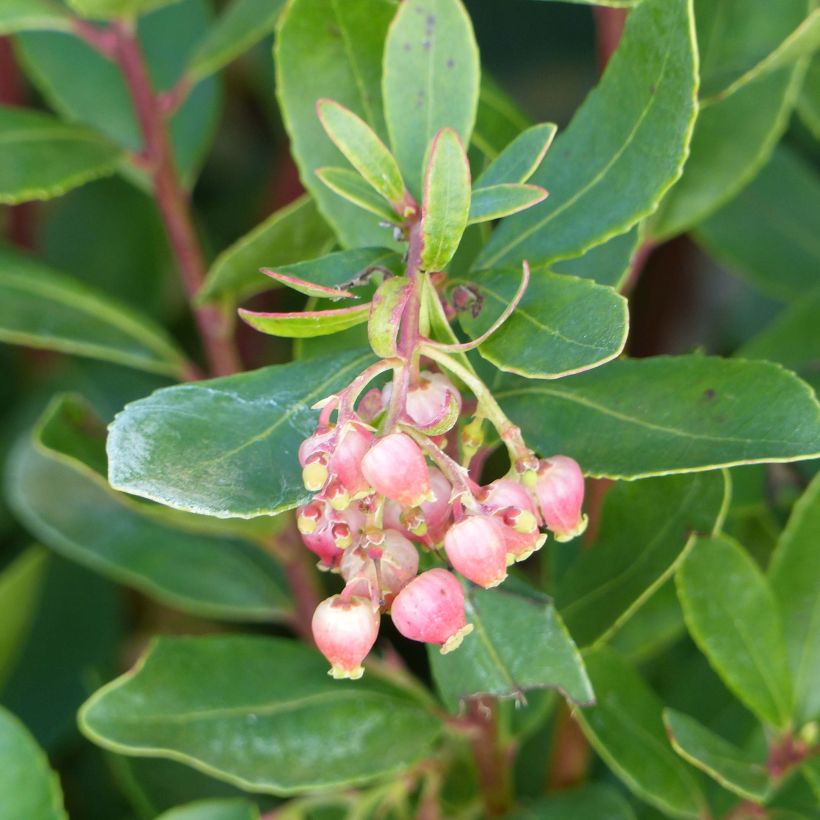

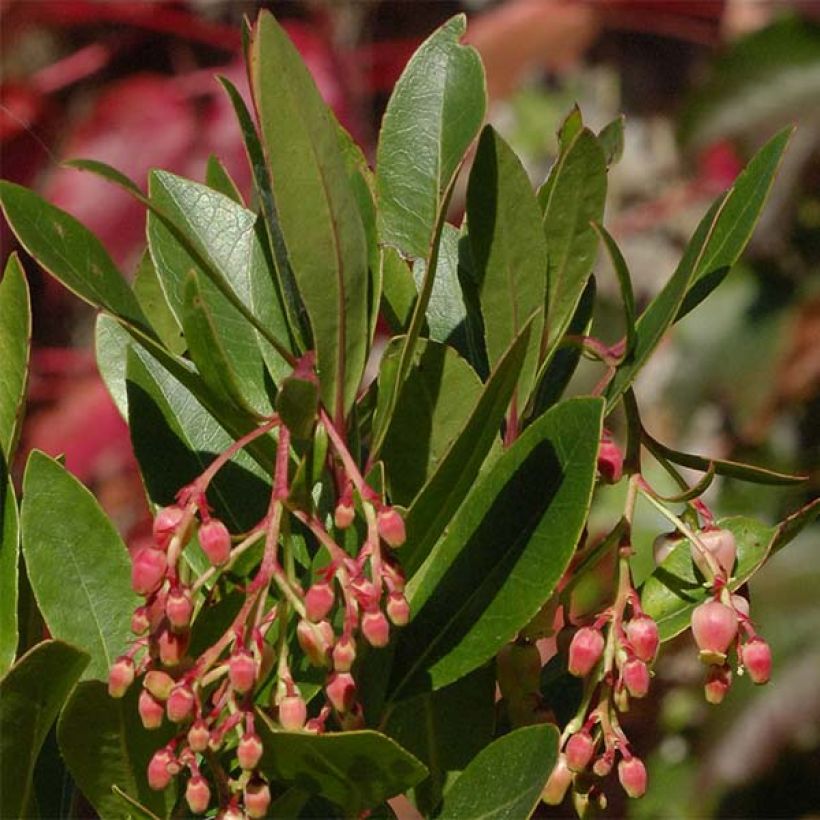



Plant habit
Flowering
Foliage
Botanical data
Arbutus
unedo
Roselily ® Minlily
Ericaceae
Strawberry Tree, Madrone
Cultivar or hybrid
Planting and care
Arbutus unedo, hardy down to -15°C (5 °F) in perfectly drained soil, should be planted in spring or autumn, in well-drained soil, preferably slightly acidic, although it adapts to any light soil without excessive active limestone. It appreciates a sunny position in a cool climate, but can tolerate partial shade in a hot climate. Choose a location sheltered from cold winds. At planting, some training pruning is necessary; then let the bush grow freely. In the first years, protect it from heavy frosts with a mulch and a winter cover. Make sure to choose its location carefully as it does not like to be transplanted. For hedges, space the plants about 1m (3ft 4in) apart. It can be susceptible to aphid attacks and foliar spot disease.
Planting period
Intended location
Care
-
, onOrder confirmed
Reply from on Promesse de fleurs
Similar products
Haven't found what you were looking for?
Hardiness is the lowest winter temperature a plant can endure without suffering serious damage or even dying. However, hardiness is affected by location (a sheltered area, such as a patio), protection (winter cover) and soil type (hardiness is improved by well-drained soil).

Photo Sharing Terms & Conditions
In order to encourage gardeners to interact and share their experiences, Promesse de fleurs offers various media enabling content to be uploaded onto its Site - in particular via the ‘Photo sharing’ module.
The User agrees to refrain from:
- Posting any content that is illegal, prejudicial, insulting, racist, inciteful to hatred, revisionist, contrary to public decency, that infringes on privacy or on the privacy rights of third parties, in particular the publicity rights of persons and goods, intellectual property rights, or the right to privacy.
- Submitting content on behalf of a third party;
- Impersonate the identity of a third party and/or publish any personal information about a third party;
In general, the User undertakes to refrain from any unethical behaviour.
All Content (in particular text, comments, files, images, photos, videos, creative works, etc.), which may be subject to property or intellectual property rights, image or other private rights, shall remain the property of the User, subject to the limited rights granted by the terms of the licence granted by Promesse de fleurs as stated below. Users are at liberty to publish or not to publish such Content on the Site, notably via the ‘Photo Sharing’ facility, and accept that this Content shall be made public and freely accessible, notably on the Internet.
Users further acknowledge, undertake to have ,and guarantee that they hold all necessary rights and permissions to publish such material on the Site, in particular with regard to the legislation in force pertaining to any privacy, property, intellectual property, image, or contractual rights, or rights of any other nature. By publishing such Content on the Site, Users acknowledge accepting full liability as publishers of the Content within the meaning of the law, and grant Promesse de fleurs, free of charge, an inclusive, worldwide licence for the said Content for the entire duration of its publication, including all reproduction, representation, up/downloading, displaying, performing, transmission, and storage rights.
Users also grant permission for their name to be linked to the Content and accept that this link may not always be made available.
By engaging in posting material, Users consent to their Content becoming automatically accessible on the Internet, in particular on other sites and/or blogs and/or web pages of the Promesse de fleurs site, including in particular social pages and the Promesse de fleurs catalogue.
Users may secure the removal of entrusted content free of charge by issuing a simple request via our contact form.
The flowering period indicated on our website applies to countries and regions located in USDA zone 8 (France, the United Kingdom, Ireland, the Netherlands, etc.)
It will vary according to where you live:
- In zones 9 to 10 (Italy, Spain, Greece, etc.), flowering will occur about 2 to 4 weeks earlier.
- In zones 6 to 7 (Germany, Poland, Slovenia, and lower mountainous regions), flowering will be delayed by 2 to 3 weeks.
- In zone 5 (Central Europe, Scandinavia), blooming will be delayed by 3 to 5 weeks.
In temperate climates, pruning of spring-flowering shrubs (forsythia, spireas, etc.) should be done just after flowering.
Pruning of summer-flowering shrubs (Indian Lilac, Perovskia, etc.) can be done in winter or spring.
In cold regions as well as with frost-sensitive plants, avoid pruning too early when severe frosts may still occur.
The planting period indicated on our website applies to countries and regions located in USDA zone 8 (France, United Kingdom, Ireland, Netherlands).
It will vary according to where you live:
- In Mediterranean zones (Marseille, Madrid, Milan, etc.), autumn and winter are the best planting periods.
- In continental zones (Strasbourg, Munich, Vienna, etc.), delay planting by 2 to 3 weeks in spring and bring it forward by 2 to 4 weeks in autumn.
- In mountainous regions (the Alps, Pyrenees, Carpathians, etc.), it is best to plant in late spring (May-June) or late summer (August-September).
The harvesting period indicated on our website applies to countries and regions in USDA zone 8 (France, England, Ireland, the Netherlands).
In colder areas (Scandinavia, Poland, Austria...) fruit and vegetable harvests are likely to be delayed by 3-4 weeks.
In warmer areas (Italy, Spain, Greece, etc.), harvesting will probably take place earlier, depending on weather conditions.
The sowing periods indicated on our website apply to countries and regions within USDA Zone 8 (France, UK, Ireland, Netherlands).
In colder areas (Scandinavia, Poland, Austria...), delay any outdoor sowing by 3-4 weeks, or sow under glass.
In warmer climes (Italy, Spain, Greece, etc.), bring outdoor sowing forward by a few weeks.


































